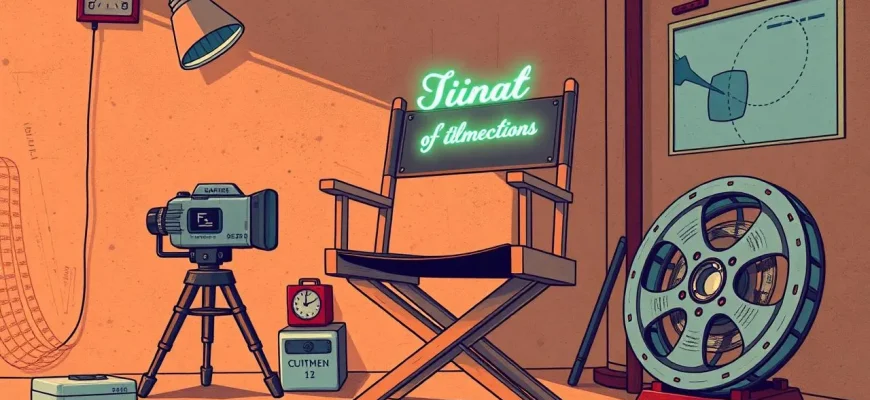If you're a fan of both science fiction and the art of filmmaking, this curated list is for you. These films not only delve into futuristic worlds but also explore the creative process of directors, often blending reality with fantasy in a way that's both thought-provoking and visually stunning. Whether it's a director battling with time travel or creating worlds beyond our imagination, these films offer a unique perspective on the filmmaking journey.
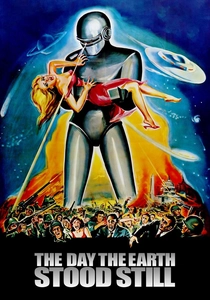
The Day the Earth Stood Still (1951)
Description: This classic sci-fi film about an alien visitor and his robot companion explores themes of communication and control, paralleling a director's role in managing a film set.
Fact: The film was one of the first to use the concept of a "message from space" as a plot device.
 Watch Now
Watch Now
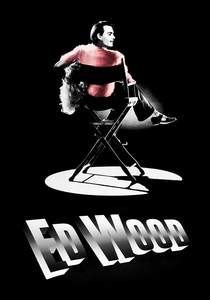
Ed Wood (1994)
Description: This biopic about the infamous director Ed Wood, known for his low-budget sci-fi films, offers a comedic yet heartfelt look at the passion and perseverance of a filmmaker.
Fact: Tim Burton, a fan of Ed Wood, directed this film, bringing his own flair for the bizarre to the story.
 Watch Now
Watch Now
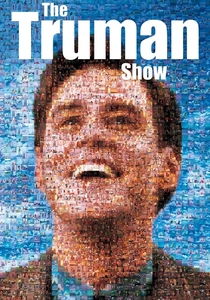
The Truman Show (1998)
Description: A man discovers his entire life is a TV show, controlled by a director who has orchestrated every aspect of his world. This film blurs the lines between reality and fiction, much like a director's vision.
Fact: The film's set was so realistic that some tourists thought it was a real town.
 Watch Now
Watch Now

The Matrix (1999)
Description: Although not explicitly about filmmakers, the Wachowskis' exploration of reality, virtual worlds, and the manipulation of perception mirrors the director's role in shaping audience experience.
Fact: The film's concept of "bullet time" revolutionized visual effects, showcasing how directors can push the boundaries of what's possible on screen.
 Watch Now
Watch Now

Inception (2010)
Description: Christopher Nolan's masterpiece where a professional thief uses experimental technology to infiltrate the subconscious mind. The film delves into the concept of creating and controlling dreams, akin to a director crafting a narrative.
Fact: The film's complex narrative structure was inspired by Nolan's own dreams, making it a meta-commentary on the filmmaking process.
 Watch Now
Watch Now

The Adjustment Bureau (2011)
Description: While not directly about a filmmaker, this film explores themes of fate, free will, and the manipulation of reality, which are central to the creative process of directing. A politician discovers a mysterious group that controls human destiny, much like a director controls the narrative of a film.
Fact: The film is based on a short story by Philip K. Dick, known for his explorations of reality and perception, themes that resonate with the filmmaking process.
 Watch Now
Watch Now
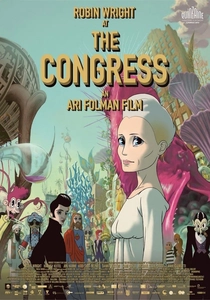
The Congress (2013)
Description: This film follows an actress who agrees to have her digital likeness scanned, allowing her to be used in any film without her physical presence. It's a fascinating look at the future of cinema and the role of directors in a world where actors can be replaced by digital avatars.
Fact: The film is based on the novel "The Futurological Congress" by Stanislaw Lem. It features a mix of live-action and animation, showcasing the director's vision of a future where reality and virtuality blur.
 Watch Now
Watch Now
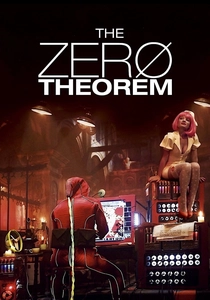
The Zero Theorem (2013)
Description: Terry Gilliam's film about a computer programmer searching for the meaning of life, which can be seen as a metaphor for a director's quest to find meaning in their work.
Fact: Gilliam's unique visual style and themes of bureaucracy and individuality are prominent in this film.
 Watch Now
Watch Now
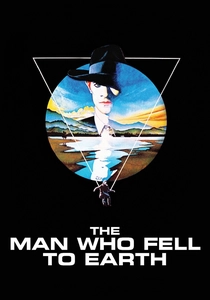
The Man Who Fell to Earth (1976)
Description: David Bowie stars as an alien who comes to Earth to save his own planet but gets caught up in human life. The film's exploration of identity and perception is akin to a director's journey in creating a character.
Fact: The film was directed by Nicolas Roeg, known for his innovative visual style.
 30 Days Free
30 Days Free
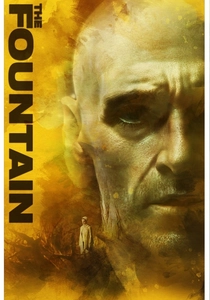
The Fountain (2006)
Description: Darren Aronofsky's film intertwines three stories across different time periods, exploring themes of love, death, and creation, much like a director's exploration of narrative.
Fact: The film was initially conceived as a much larger project but was scaled back due to budget constraints, showcasing the adaptability of a filmmaker.
 30 Days Free
30 Days Free

